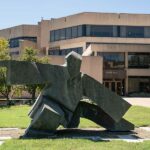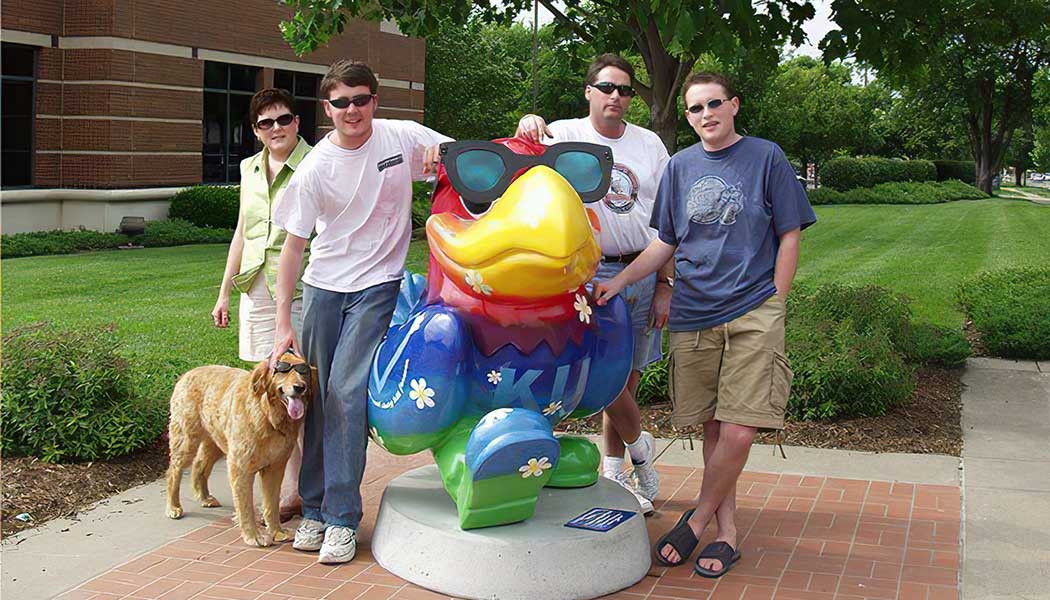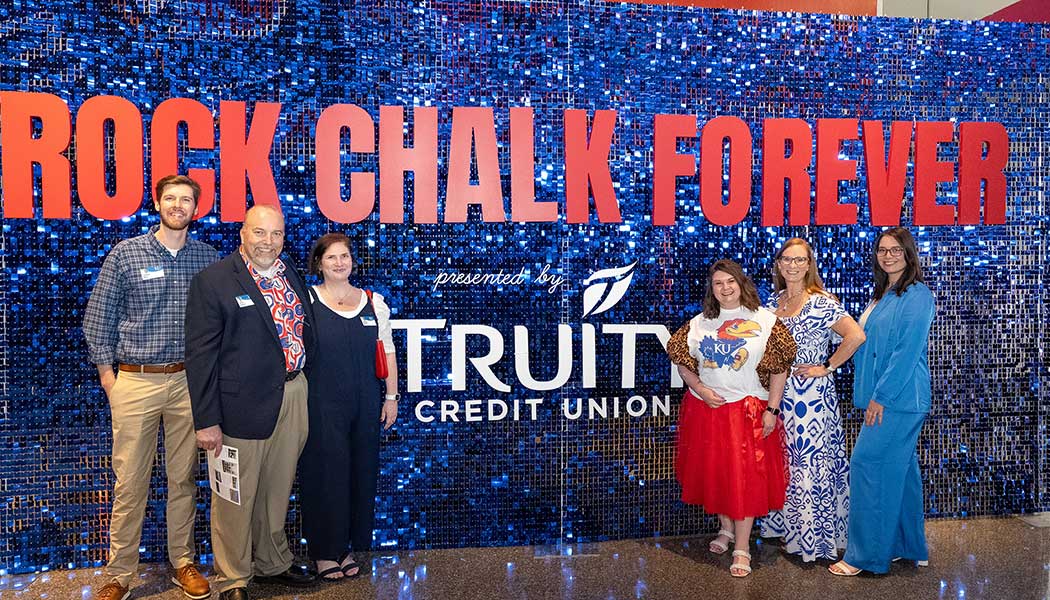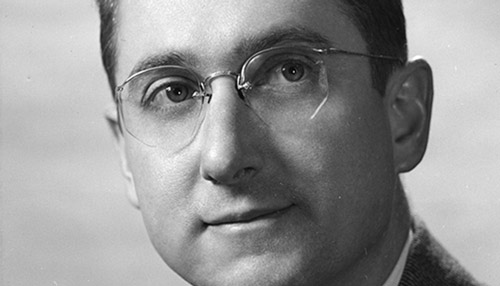Neigborhood focus
Global perspective inspired local action for community engagement director
While earning her undergraduate degree in women’s studies at KU, Heather Wilcox Denné traveled to Turkey to gather research for her thesis. Her topic: the essential importance of clean water for women running a household.
“My argument was that access to clean water is an issue all women can agree on,” says Denné, c’06. “Women from all generations, ethnic and socioeconomic backgrounds need clean water to bathe their children, to cook, to clean. All the domestic work that women do, you need access to clean water.”
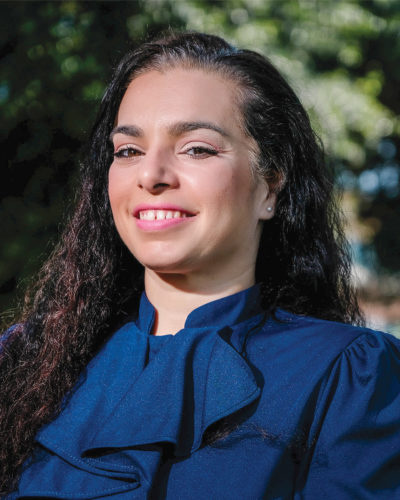
After moving to Jackson, Mississippi, in 2009 to earn master’s and doctoral degrees in urban planning at Jackson State University, she took a similar trip to Africa. But she soon learned that what she believed was a problem primarily of the developing world was a very real issue in the United States. Frequent advisories to boil water, along with increasingly cold winters that froze pipes and disrupted the water supply in Jackson and other American cities changed her focus from international to local.
“I realized that even here in the richest country in the world we still are dealing with basic human rights and quality of life issues,” says Denné. “This is an issue that needs attention right here.”
The Topeka native decided to stay in Jackson, taking a job as director of community engagement at Jackson State, one of America’s largest historically Black colleges and universities, where she works to build good relationships between the school and its neighbors. Her partners in that endeavor include the university’s 7,000 students and 2,000 faculty members, along with roughly 15,000 residents, 300 businesses, 50 churches and 15 neighborhood associations within a 1-mile radius of a campus that’s “the hub” of Jackson’s central city.
“The needs vary, but we are in a poverty-stricken area,” Denné says. “We’re roughly 99% African American and about 30% are below the poverty line. We’re a food desert, so there’s not a lot of access to fresh fruits and vegetables. And we’re always dealing with water concerns due to our failing infrastructure. So we’re constantly trying to help the community of not just our students, but the community right outside our gates.”
Denné launched a program called Crop Drop, which gleans excess produce from farmers across the state and taps student labor to help prepare and distribute it to neighbors. The extraordinarily popular program feeds about 1,000 people every year, and last year shared 20,000 pounds of sweet potatoes in three hours. She also oversees a partnership with a local middle school near campus that grows vegetables in a learning garden and sponsors an annual greens cook-off in the school gym. During the pandemic, when online students were missing out on school lunches, Denné and Jackson State’s football coach, former NFL star Deion Sanders, helped organize a giveaway that distributed 1,500 boxes of bottled water and nonperishable food items donated by the online retailer Amazon.
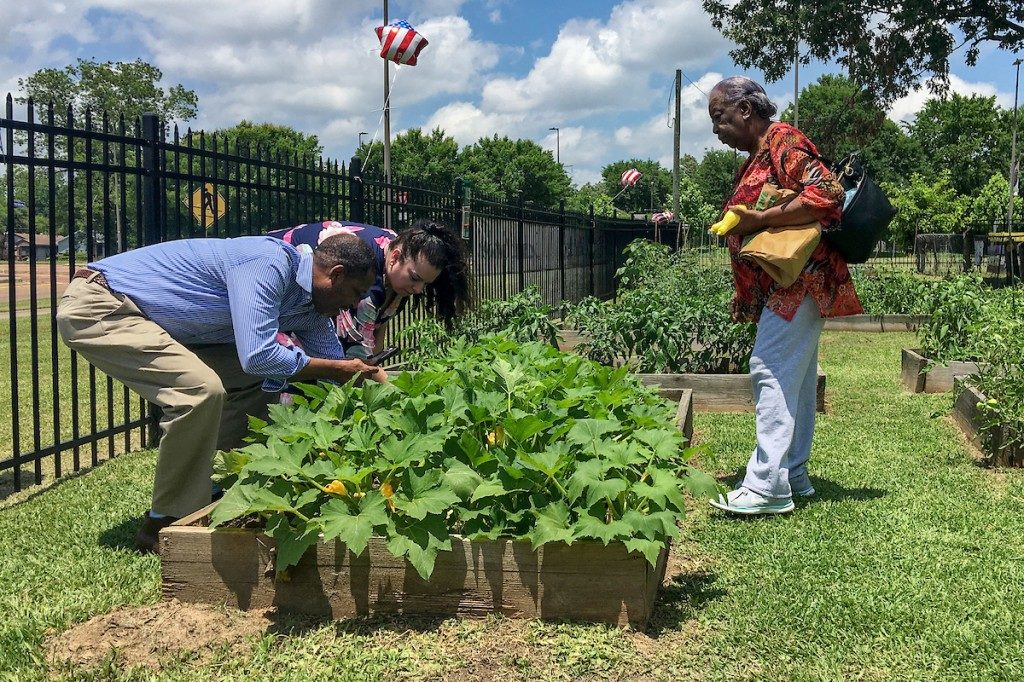
“Normally we do one or two events where we give away fresh fruits and vegetables with our partners,” Denné says, “but because of the pandemic we’ve had an overwhelming need for people to get food and water.”
Now in her 11th year in the job, Denné has broadened her focus to tackle education, mental health advocacy and historic preservation, among other issues. She secured $2 million in grants in 2020 to support pop-up library events such as the Little Free Library, which gives away 500 to 1,000 new children’s books annually; drug and alcohol education; suicide prevention for K-12 students and various historic preservation projects identified as priorities by neighborhood groups. More often than not, it’s still women’s issues that she hears about.
“At our neighborhood association meetings, we rarely see a lot of men,” Denné says. “It’s mostly prominent Black women who are at the table making the case, so it’s women’s issues that come to the forefront.”
Denné, who also serves on the Jackson Historic Preservation Committee, says her proudest moment was securing a $500,000 grant from the U.S. National Park Service in 2019 to restore historic Mt. Olive Cemetery, a project driven by strong advocacy from neighborhood residents, not the university.
“The community has been very clear that what they want in our role as an HBCU and with our students is to tell their story,” Denné says. “They’re not saying, ‘We want historic preservation.’ They’re talking about their aunties, their daughters, the juke joint, the only hotel where African Americans could stay.
“Our goal is to try and save the spaces and places that represent African American stories and heritage within this 1-mile radius,” she says—a historic roll call that includes iconic Civil Rights monikers like Medgar Evers, Fannie Lou Hamer and the Freedom Summer. “We believe that if we can do that, then we will have a prideful community where people will want to live, visit and tour.”
RELATED ARTICLES
/

